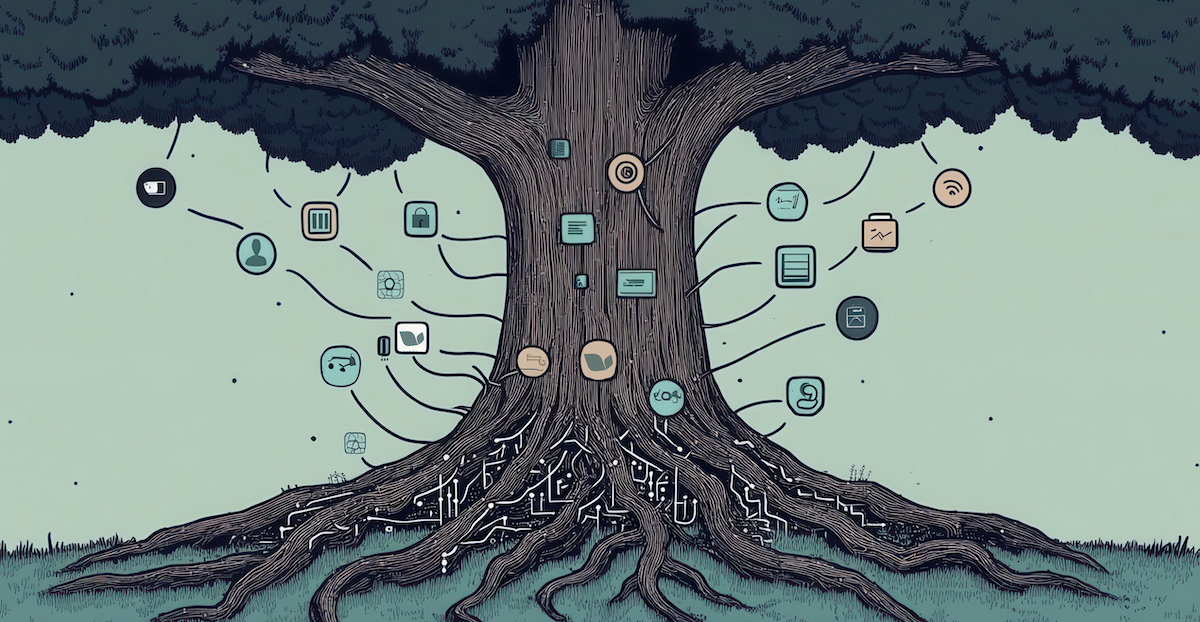Why Every Beginner Should Start with a Forex Demo Account
Forex trading, or the practice of exchanging currencies in the foreign exchange market, offers substantial profit opportunities. However, it is not without its risks. Like any financial endeavour, it requires knowledge, skill, and careful planning to succeed. One of the most crucial steps for beginners in Forex trading is to start with a demo account. In this article, we’ll explore why a demo account is the best way for newcomers to begin their trading journey and how it can lay the foundation for future success.

What is a Forex Demo Account?
A Forex demo account is essentially a practice account provided by Forex brokers. It simulates real-market conditions but involves no real financial risk. Beginners can use this account to trade with virtual money, allowing them to learn the trading platform’s functionalities and understand market dynamics without the fear of losing actual funds. The demo account is designed to mimic …


